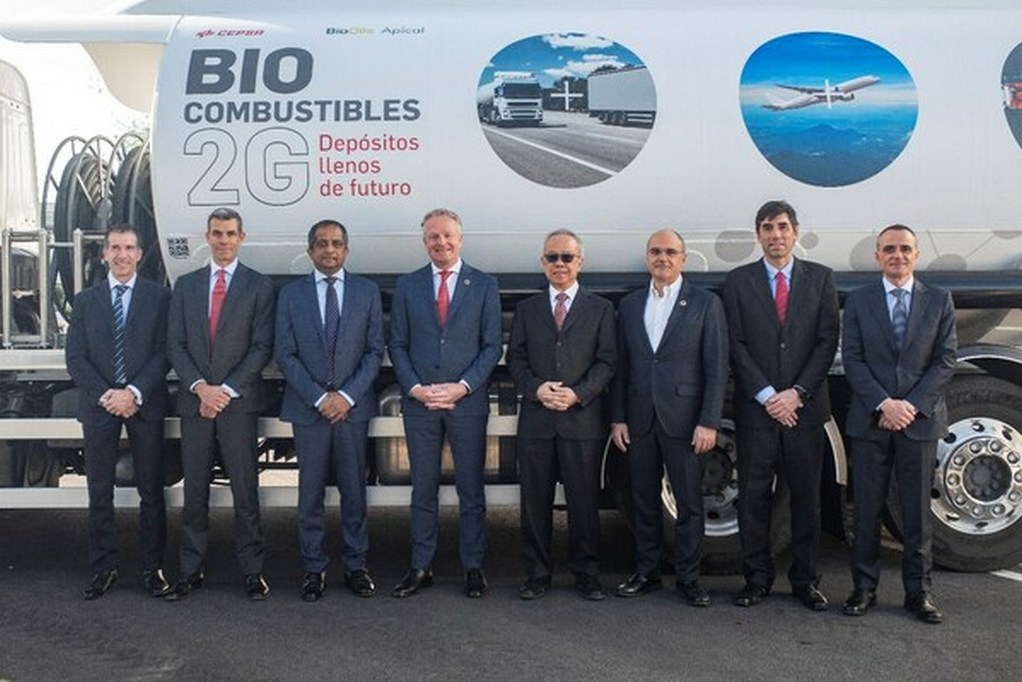Apical, through its renewable energy subsidiary Bio-Oils located in Huelva, Spain, has established a joint venture with Cepsa to produce second generation (2G) biofuels by constructing the largest plant in southern Europe. The alliance marks Apical’s entry to the sustainable aviation fuels (SAF) market and a key milestone in RGE’s strategy to produce a range of fuels to decarbonise aviation, maritime and land transportation. Apical, a leading vegetable oil processor, is a member of the Singapore-headquartered RGE group of companies.
The new plant, which is scheduled to begin operation in H1 2026, can produce up to 500,000 tons of SAF and/or renewable diesel annually, enabling the reduction of CO2 emissions by up to 90 percent, as compared to traditional fuels.
SAF is often viewed as a tool to a zero-emissions future. However, the key global challenge to the production of SAF is access to feedstock (renewable waste and residue raw materials). As a large global integrated processor of vegetable oils, Apical is able to efficiently and sustainably extract waste and residue from its supply chain and its processes in a transparent and traceable manner.
Through the joint venture, the plant will secure the majority of its feedstock supply from Apical’s agricultural waste and residue through a global, long-term agreement. Cepsa will contribute its technical expertise and experience in the development of large industrial projects and fuel production; and knowledge of the European market and the decarbonisation goals of its customers in the transport sector. The facility will be located at Cepsa’s La Rábida Energy Park in the Spanish province of Huelva.
Tags: Bio-Oils, Cespa

Recent Posts
Fossil fuel capacity grows 2.44% in FY24
COSCO launches fully-electric 10,000 ton container ship service
Bergen Engines to power world’s largest hydrogen ferries
GCMD announces appointment of 2 key positions
Marathon refinery aims for 100% production capacity
Japan energy policies for increased zero-carbon power generation
Chapman Freeborn OBC to reduce carbon emissions
OTG develops programme on ammonia fuel safety